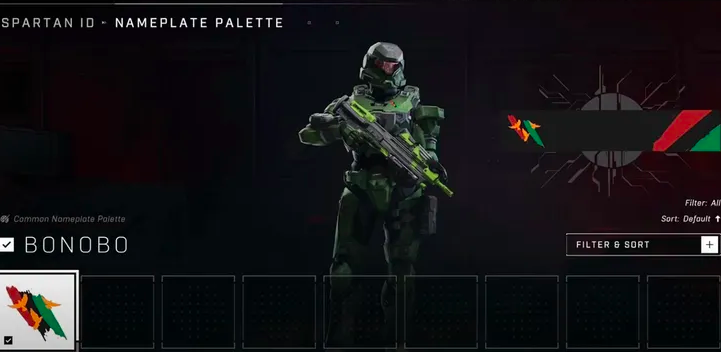Sony Music Entertainment recently launched a gaming-crossover imprint called LostRings, that serves and caters to specific demographic: Black Women Gamers.
The label’s roster consists of BunnyMightGameU, BlackKrystel and Sunzi. Each released a uniquely inspired track that consisted of their individual passions for video games, music and inter-sectional interests like anime. To see these three artists showcase their talents is important for the perception of the gaming community overall.
Esports and gaming are growing to the point that major tournaments are entering the homes of millions and millions of people via live broadcasts. While this space is becoming more progressive, not everyone on the outside looking in is. So, one of the best ways to show commonality within this space is through the universal language of music.
“Sony decided that they wanted to be in a community where they were giving more support than just taking the dollars,” BunnyMightGameU said, “I think it’s important to (have the music and gaming crossover) because a lot of people don’t understand (this space)…music is a universal language and so is gaming, and how are we able to get the rest of the world to understand if not by something they are already a part of.”
In addition to talking about Sony Music Entertainment's new gaming culture label @LostRingsMusic, the imprint's new label @bunnymightgameu gave us a teaser of her new song in a freestyle. pic.twitter.com/waNosk023i
— Erin Ashley Simon (@erinasimon) July 11, 2019
And to see a label enter into the gaming community with hip-hop in hand isn’t a surprise. The genre’s relationship with video games goes as far back as the ’90s with Rap Jam: Volume One and even more notably, Grand Theft Auto’s radio stations.
So, for LostRings to launch with an all-black women roster was smart and the right move. But, if we are going to discuss similarities between these two industries, one common theme among both is the support and respect issue, we’ve historically seen in gaming and music, towards black women.
Recently, Jermaine Dupri made a double standard comment stating that today’s women rappers are “all rapping about the same thing” and “it’s like strippers rapping.” This comment is lazy on Dupri’s part considering you have artists like Noname and Rapsody, whose penmanship isn’t filled with sexual innuendos. Plus, there’s diversity in terms of style throughout music but we can’t ignore the fact that ‘sex sells” is a baseline standard the music industry set in terms of who gets supported and who doesn’t.
But sadly, this thought process is something that is shared among even some consumers. Cases of people not supporting women artists because of their looks or thinking they are incapable of rapping better than some guys. This way of thinking isn’t going to diversify the voices and perspectives in hip-hop, the way that the lack of support in gaming isn’t going to help uplift the voices of black, Latin and minority voices in this industry as well.
Since the dawn of online gameplay, black women have dealt with differing degrees of harassment, racial and sexist slurs from anonymous gamers. One example being Daja Williams’ experience with being called a “f*cking fat a** ni**er” following an argument with a male teammate over who will play Lucio in Overwatch.
“Every time I play, people mention that I’m black or that I’m a woman,” Williams said to FastCompany. “It’s something I’ve always dealt with playing online. I know it’s bad that I’m used to it.”
That shouldn’t be the norm and case anymore. Now, racism isn’t going to go away as long as there are systematic oppression and prejudice systems set up within our society. But if Jermaine Dupri doesn’t want to hear “stripper music” and if we want to clean up some of the narratives around toxicity within gaming, the first step is to support the unsupported, to uplift the unheard voices and to create new opportunities for those whom otherwise may never have had the opportunity before.
So to see LostRings create an imprint for the purpose of integrating gaming culture into music is a unique step in itself. But, if they really want to further the connection between mainstream’s perspective of esports and the growth and improvement of gaming, it begins with their support of underserved communities.
And black women are the best place to start. Hopefully, as they begin to tackle these coinciding negative narratives, we can do the same to all level up.



